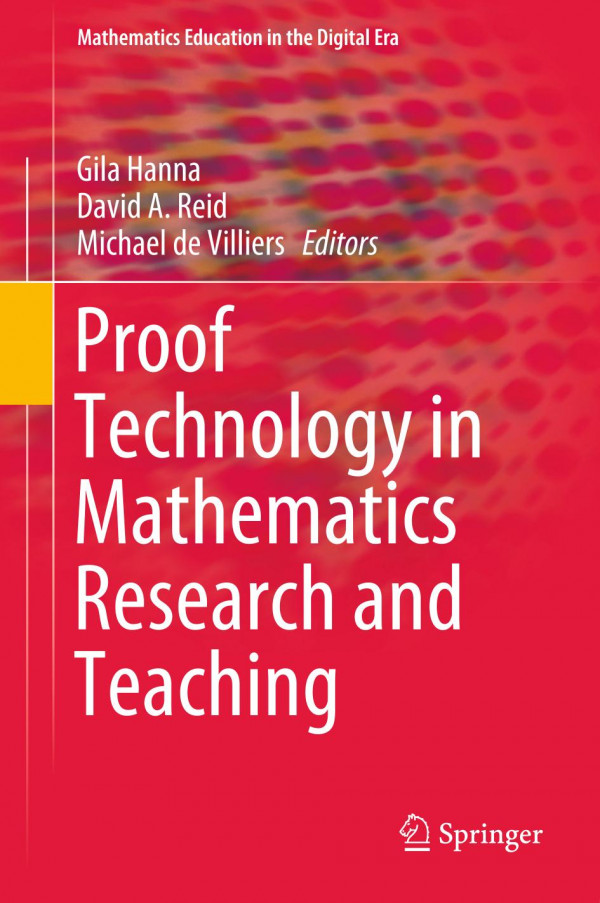(Ebook) Proof Technology in Mathematics Research and Teaching by Gila Hanna, David A. Reid, Michael de Villiers ISBN 9783030284824, 9783030284831, 3030284824, 3030284832
This bookpresents chapters exploring the most recent developments in the role of technology in proving. The full range of topics related to this theme are explored, including computer proving, digital collaboration among mathematicians, mathematics teaching in schools and universities, and the use of the internet as a site of proof learning. Proving is sometimes thought to be the aspect of mathematical activity most resistant to the influence of technological change. While computational methods are well known to have a huge importance in applied mathematics, there is a perception that mathematicians seeking to derive new mathematical results are unaffected by the digital era. The reality is quite different. Digital technologies have transformed how mathematicians work together, how proof is taught in schools and universities, and even the nature of proof itself. Checking billions of cases in extremely large but finite sets, impossible a few decades ago, has now become a standard method of proof. Distributed proving, by teams of mathematicians working independently on sections of a problem, has become very much easier as digital communication facilitates the sharing and comparison of results. Proof assistants and dynamic proof environments have influenced the verification or refutation of conjectures, and ultimately how and why proof is taught in schools. And techniques from computer science for checking the validity of programs are being used to verify mathematical proofs.Chapters in this book include not only research reports and case studies, but also theoretical essays, reviews of the state of the art in selected areas, and historical studies. The authors are experts in the field.
*Free conversion of into popular formats such as PDF, DOCX, DOC, AZW, EPUB, and MOBI after payment.


